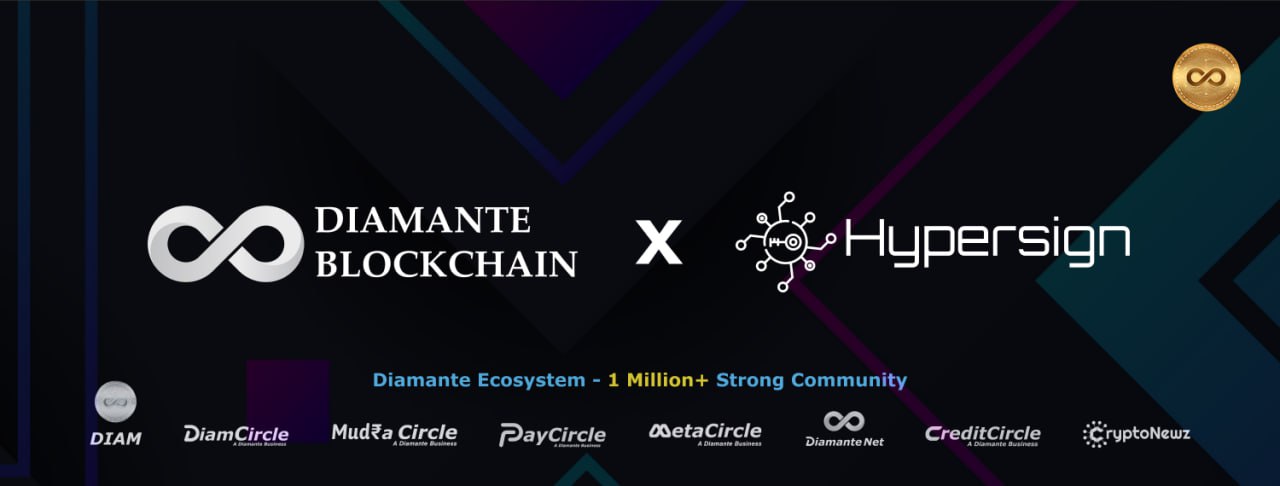
Ghana’s Central Bank Initiates Hackathon to Probe e-Cedi Use Cases
- Antwan Koss
- October 12, 2023
- news, Crypto
- Central Bank, Ghana, Hackathon
- 0 Comments
Ghana’s Central Bank sponsors a 12-week hackathon to explore e-cedi’s Central Bank Digital Currency (CBDC) applications, emphasizing financial inclusion.
Key Takeaways
- The Bank of Ghana (BOG) unveils a 12-week hackathon exploring e-cedi use cases.
- Fintech startups and innovators will address financial inclusion challenges using CBDC.
- Nine diverse use cases of the e-cedi will be under the hackathon’s microscope.
- Notable solutions will be highlighted in a conference following the hackathon’s conclusion.
In a bid to pave the way for innovative solutions surrounding the use of Central Bank Digital Currencies (CBDC), the Bank of Ghana (BOG) has recently unfurled plans to host a hackathon spanning 12 weeks. This initiative, echoing the global surge in CBDC research and development, invites fintech startups, developers, and innovators to devise inventive solutions that delve into various use cases of CBDC, particularly focusing on the Ghanaian digital currency, e-cedi.
https://t.co/bvOB6EsBoW#eCedi #hackathon #bankofghana pic.twitter.com/KOGqPwBrGT
— Bank of Ghana (@thebankofghana) October 6, 2023
Central Bank Hackathon
The hackathon, orchestrated in collaboration with technology partner Emtech, revolves around the aspiration to formulate solutions that confront and mitigate financial inclusion challenges prevalent within the nation. BOG and Emtech’s joint press release details the framework and expectations for the coming weeks, culminating in a conference where exemplary solutions and innovators will be spotlighted and acknowledged.
Emanating from the e-cedi research project, the hackathon isn’t merely a competition but a component of a larger exploratory initiative, as the BOG explains: “The project…presents an opportunity for the Bank to explore emerging technologies, foster creativity, and contribute to the advancement of the e-cedi development.”
The BOG has illuminated nine pivotal use cases for the e-cedi that participants will scrutinize during the hackathon, including its applicability in merchant transactions and its viability in facilitating government payments and inbound remittances.
Concluding Thoughts
The integration of hackathons in exploring and advancing the use cases of CBDCs is a commendable approach by the Bank of Ghana, signifying a symbiosis between regulatory entities and the fintech innovation ecosystem. By engaging the fintech community, BOG not only propels the development and potential adoption of the e-cedi but also instigates a collaborative milieu where technology and finance coalesce, potentially leading to solutions that cater to the financial inclusivity and digital transformation goals of Ghana.
These initiatives from central banks across the globe underscore the significant role CBDCs are projected to play in the future financial landscape, embodying the fusion of traditional financial structures with burgeoning digital technologies. This symbiotic relationship between regulatory bodies and fintech innovators could indeed serve as a model for other nations navigating the intricate journey of CBDC exploration and implementation.





